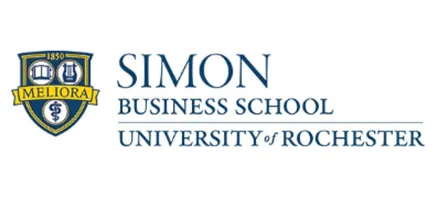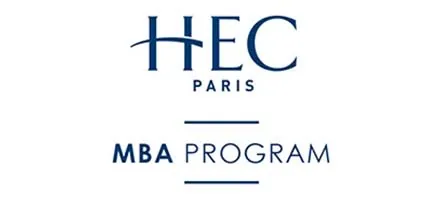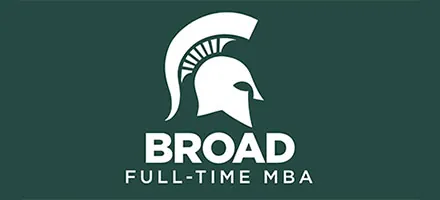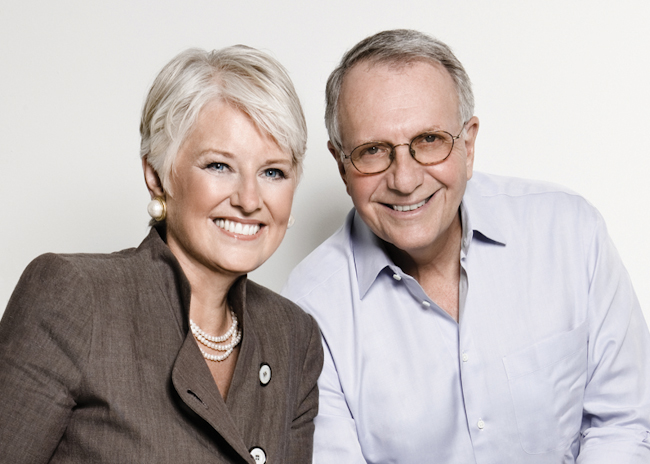Shut up and follow your dreams – not necessarily in that order.
That’s some advice for business school students from retailing legend Jay Baker, retired president of Kohl’s Corporation, and an alumnus of the University of Pennsylvania Wharton School.
Wharton on Jan. 5 awarded Baker the school’s highest honor, the Dean’s Medal.
Baker, 80, can look back at a far different business school landscape than existed when he received a BS in economics from Wharton. “When I went to Wharton in the 1800s,” he jokes, “it was a very straight business thing. It was just giving you an overall background in business. Today the education is much better. We’ve just advanced so much.”
After receiving his undergraduate degree from Wharton in 1956, Baker went into retail, working for department store companies Macy’s, Ohrbach’s, and Famous-Barr, before moving to retail group BATUS, owner of Kohl’s, which operated grocery and department stores. After leading a management buyout of Kohl’s from BATUS, Baker became president of Kohl’s in 1986, and under his leadership, the retailer grew from 40 stores to 350, and from $280 million in annual revenue to more than $6 billion.
DRUDGERY HAMPERS SUCCESS
“You’ve gotta do something that you have a passion for,” Baker says. “You spend more time at work than you do at any other place, and if you’re not doing something that you really love and have a passion for, it’s really tough, it’s drudgery, and you’re probably not going to be overly successful at it.
“There wasn’t a day that I didn’t wake up and want to go to work. I had some tough days, but I never didn’t want to go in. You can withstand those bad days because it’s overall what you want to do.
“A lot of people are like, ‘I gotta make a lot of money.’ Money is very important. But money comes by being successful, and it comes from doing something that you’re good at and you enjoy. Maybe you would make more money doing something else that you hated: what could be worse?”
Business students, and those considering B-school, should remain open to a variety of career options, and shouldn’t fear changing their plans, Baker says. When he was at Wharton, students generally wanted to work in large, successful finance or consulting firms, or other major corporate players. “Their mind was set,” Baker says. “Having an open mind is spectacular. There’s so much opportunity going forward for young people. I don’t think you should close your mind to anything.”
WORK HARDER THAN EVERYONE ELSE
Except maybe to slacking off.
“Out-work other people,” Baker advises business students. “As you study and learn, and you study hard, that’s also part of your training. Put your effort and hard work into it. When you go out in the world, you’re gonna have to work real hard.”
People perform and progress best when they surround themselves with smart, hard-working people, Baker says. And increasingly for B-school students, the connections made during school provide a gift that keeps on giving. “It’s a big part of the world today: you go to a fine school, you meet a lot of bright people, and they could be a part of your future. They can maybe help you in your future life.”
And team-based schoolwork with bright, dedicated peers helps build the collaborative skills that are so important to employers, and to career performance and progress, Baker says.
“That’s a big deal today, working as a team, and working well with people as you go up the ladder,” he says. “Motivating people is one of the biggest factors if you’re going to be a successful manager.”
‘IT’S GREAT TO KEEP YOUR MOUTH SHUT, SOMETIMES’
Part of good teamwork, and good management, is knowing when to stop talking, Baker asserts. “It’s great to keep your mouth shut, sometimes,” he says. “You can learn by listening. Sure, your opinion is important – but so are other people’s.”
Baker enthusiastically approves of the trend toward entrepreneurship among MBA students and graduates, and appreciates schools’ programming responses to the demand for startup-related education. “We never had that,” he says. “You used to get a job and you’d stay with a company, and you’d retire and get a gold watch.










